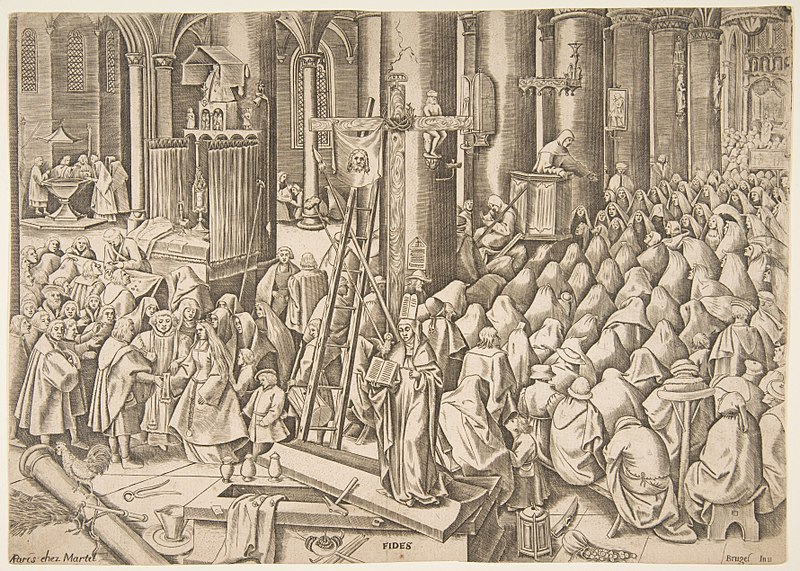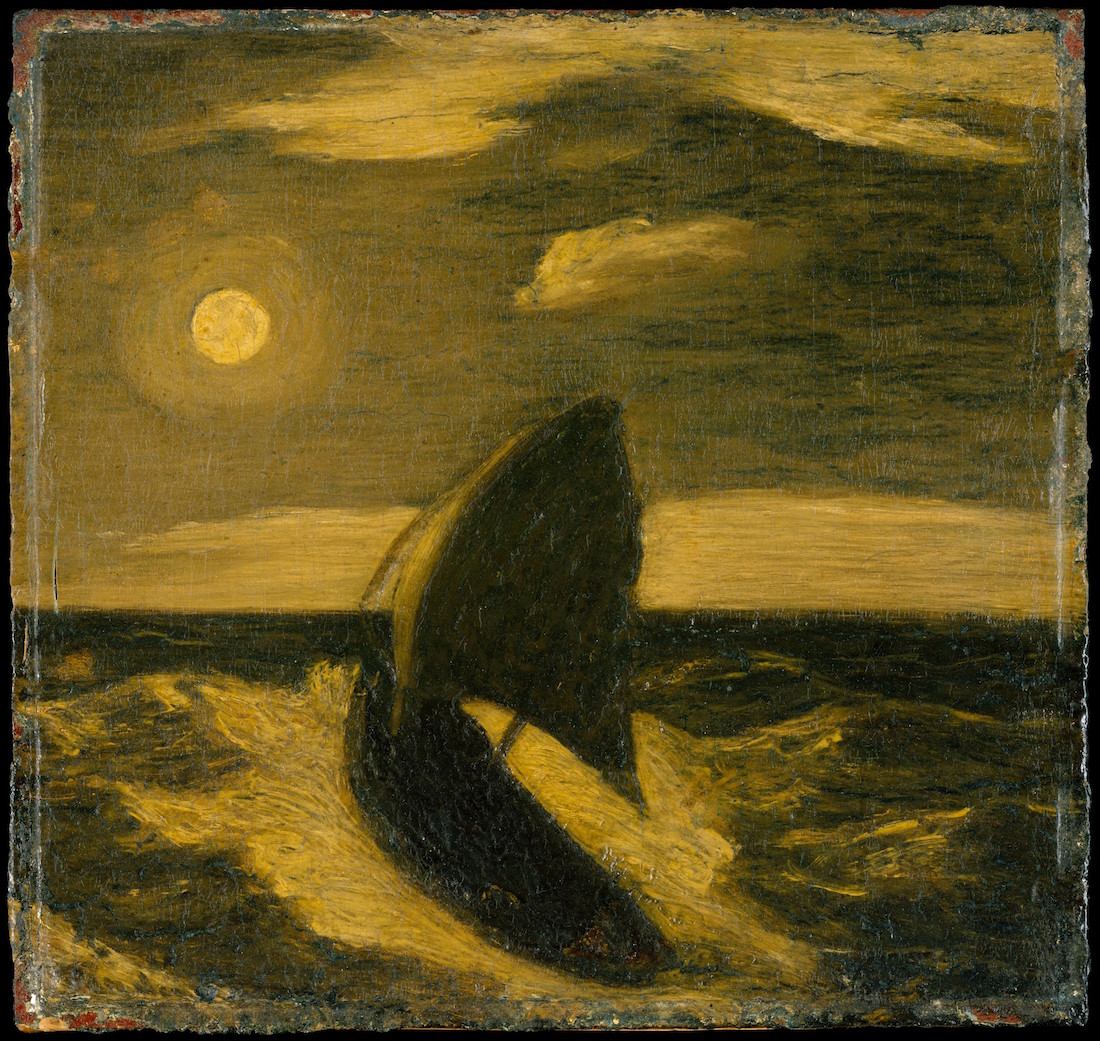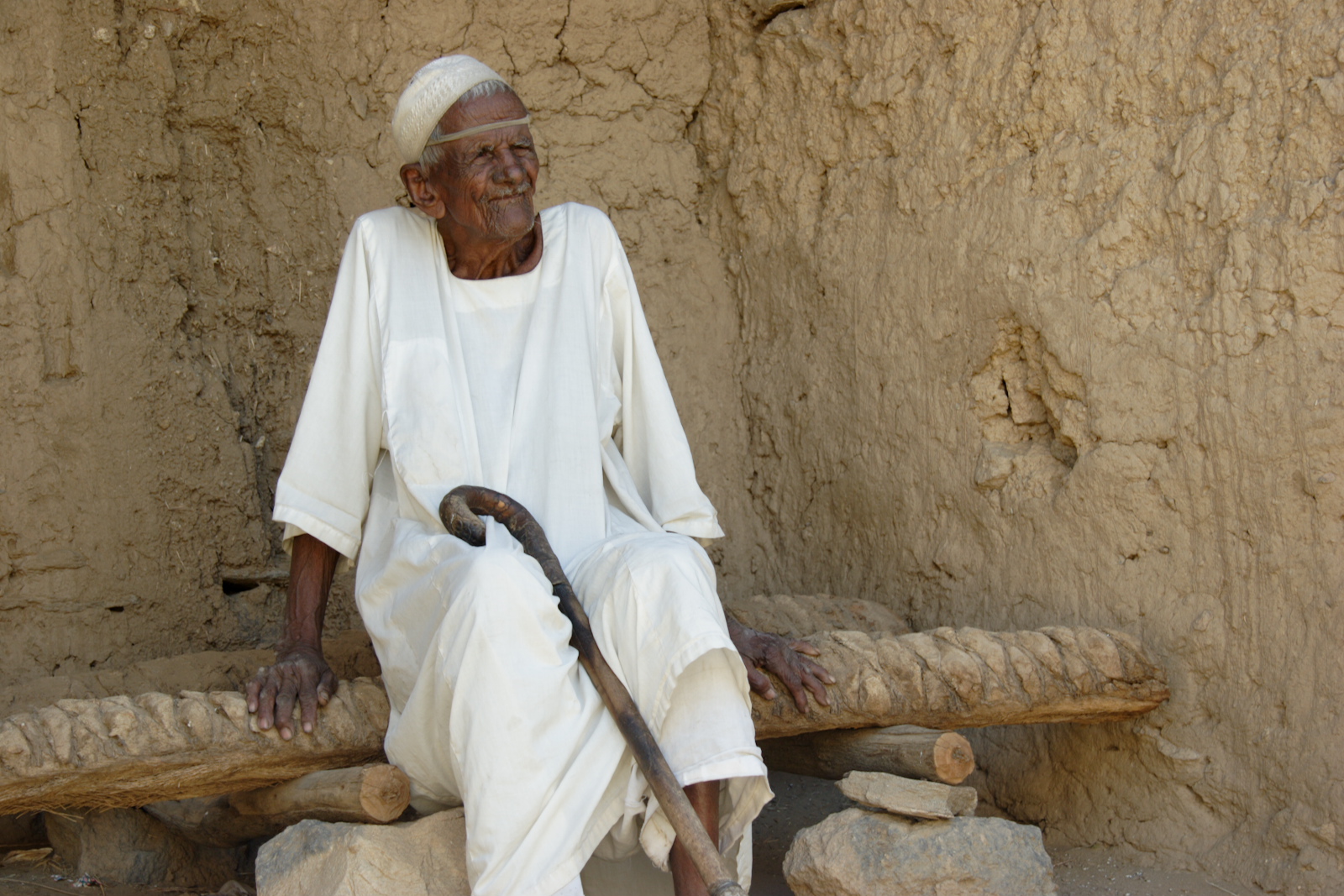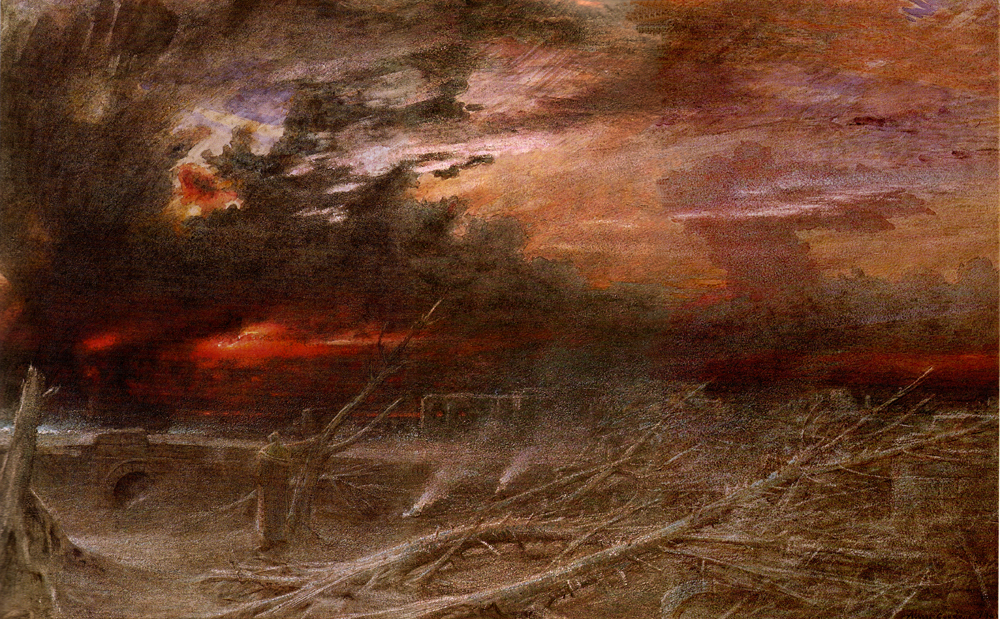The following is the second of a two-part series. The first can be found here.
In short, then, despite the absence of God in Bad Times, the characters all come to experience each other in painfully open ways and several even develop bonds akin to what Ryan Preston-Roedder has described as “faith in humanity,” insofar as Sweet and O’Kelly (and, for a time, Miles) come to genuinely depend on and believe the best about each other in a manner that fosters solidarity in the face of the villainous Billy Lee. In particular, Miles’ (and Sweet’s) faith in O’Kelly-as-Flynn offers the most important moment in the film’s theological trajectory, something that will be discussed in Section VI after an analysis of the film’s retreatment of love.
For Howard-Snyder, this sort of Thomistic objectual faith consists in Sweet’s and O’Kelly’s disposition to rely on each other, but, naturally, this faith category is fully coherent without recourse to a divine object.[1] Like Aquinas, Preston-Roedder is clear that proper faith has both a cognitive and a volitional element, but — unlike Thomas — Preston-Roedder explicitly identifies human beings as the proper object of such attitudes.[2] Similarly, just as with Aquinas, Preston-Roedder’s secular faith is reliant upon something like “love for the other;” as he explains, “the relation of dependence between caring about people and seeing them in a favorable light runs in both directions; that is, our concern for our loved ones focuses our attention and shapes our behavior in ways that make us more apt to see what is admirable about them, and seeing what is admirable, in turn, reinforces our concern.”[3]
Of course, faith in humanity can turn out to be misplaced; in Bad Times, Emily’s faith in her sister, Rose, turns out to be tragically unfounded (in a manner roughly in line with Preston-Roedder’s cautionary characterization of faith’s riskiness), but when faith is able to take root in a relationship untainted by the manipulations of a character like Billy Lee, it promotes the betterment of everyone involved. That is to say, this secular faith seems to qualify as virtuous.
Hope
What, then, of hope? For Thomas, “the object of hope is a future good, difficult but possible to obtain,” so, because through God all things are possible, Thomas concludes that “our hope attains God Himself, on Whose help it leans.”[4] The positive feelings of hopefulness for mundane things are useful passions that motivate action, but Thomas denies that these sensations – however similar – are equal to hope qua hope in God; only those “movements of the appetitive faculty” which have their end in God qualify, on Thomas’ view, as the theological virtue of hope.
Bad Times subverts this treatment of hope in at least two ways: one explicit and one more subtle. The first is embodied in the character of Miles, whose persistent hopefulness to seek absolution through Father Flynn subtends much of his narratival arc. Even on a Thomistic conception of hope, Miles’ anticipation of the possibility to receive forgiveness might qualify as proper hope, were it not for the consummation of this hope in the fiction of Flynn’s false identity. This, however, seems odd; the fact that O’Kelly is not a member of the clergy should have little effect on whether or not Miles’ hopes were satisfied before his death; this is a puzzle that Aquinas cannot seem to solve (without distending Miles’ experience down to merely a false belief — that is, Aquinas would have to say that Miles died under a delusion).
In contrast, the perceptual model of hope proposed by Michael Milona and Katie Stockdale argues simply that “hope involves a perception of practical reasons” that an agent possesses.[5] In addition to desiring an outcome and believing said outcome to be possible, the perceptual model says that the hopeful person sees “the possible-but-uncertain desired outcome as encouraging to varying degrees” in a manner that happens to provoke hopeful feelings.[6] Accordingly, those hopeful feelings are simply a perception of the encouraging nature of one’s practical reasons for action — not necessarily the likelihood of those reasons genuinely obtaining or even the nature of the thing being hoped for; instead of proper hope needing to target the good simpliciter (or even needing to target a good-for the hoper), the perceptual model assesses the propriety of hopeful attitudes simply by reference to their fittingness to contexts.[7] This treatment of hope as an emotion allows Stockdale to discuss the sort of fearful hopes that arise from powerful experiences of danger that appear unlikely to end.[8] Altogether, such a model of hope shifts the axis of concern once again away from a necessarily divine target to land instead on a coherent model focused fully on human relationships. Given the shape and size of Miles’ attitudes regarding his past, he has plenty of reasons to seek assistance in the form of O’Kelly-as-Flynn, even once he becomes cognizant of O’Kelly’s ecclesial inability to actually offer absolution; nevertheless, Miles’ hope persists because his practical reasons persist.
On a more subtle note, Miles’ repetitious recitation of the hotel’s welcoming speech in his introductory scene indicates that, while California is the land of “warmth and sunshine,” the great state of Nevada is one of “hope and opportunity.” O’Kelly’s brother buried the stolen money — the movie’s Macguffin — in Nevada and, with the exception of Broadbeck (who insists on staying in the honeymoon suite on the California side to collect the government’s wiretaps), each of the characters — including Miles — are given rooms in hopeful Nevada. Even at the end, after Miles’ death, Sweet and O’Kelly escape the burning hotel by leaving through the Nevada door. Throughout the film, hopefulness as a theme is subtly underscored — regardless of the absence of the divine as its purported object.
Love
But, of course, among the theological virtues, “the greatest of these is love.”[9] For Aquinas, the love of God is a “special virtue”[10] precisely because it consists in the loving friendship of humanity for and with the divine and, more specifically, for the communication of God’s happiness to humanity.[11] As the precondition for true faith and true love — as well as for all other intellectual and moral virtues — the charity of love as a theological virtue is the greatest virtue of all, underwriting and preceding each and every other virtuous habit.[12] Aquinas is explicit that this love is distinct from goodwill, given that the latter is purely an act of will while love qua love “adds union of affections” to the habit, thereby sanctifying both the passion and intellect of the lover.[13] However, Aquinas is also explicit that, although God is the proper object of virtuous love, we are also called to love our neighbor (as well as angels and ourselves) in precisely the same manner — grounded in what he calls “the fellowship of happiness,” Aquinas indicates that everything with which we can share in such a relationship deserves to be shown this kind of love.[14]
In this way, we have returned to Caputo’s Derridean impassioned confession of a self-confessed atheist:
To dream, perchance to desire and to love. And what is that dream, desire, and love if not the love of God, if not the desire for God (“God as the other name of desire”)? What is this passion for the impossible if not the passion for God, for “my God,” even if one were rightly to pass for an atheist?”[15]
Even in the absence of a transcendent divine, Derrida — and perhaps even Aquinas — would agree that the fellowship of happiness persists between us and our neighbors. Even after the death of God, we can — and must — still love each other.
This Good News lies at the heart of Bad Times as shown in Emily’s love for her sister, O’Kelly’s love for his brother, Broadbeck’s love for those in need, and — most profoundly — in the sacrificial love displayed by Miles. Despite his hatred of his past sins, Miles sets aside himself to rescue the people in front of him — not because Sweet pleads with him to do so (quite pointedly, she does not), but simply because they need to be saved. In return, O’Kelly (at the imploring of Sweet to “HELP him”) encourages the dying Miles to confess his sins before it’s too late; standing in the place of God’s anointed priest, surrounded by the fires of hellish violence, the trio of humans invoke the name of the Trinity to absolve the faithful penitent before he dies on the border of good and evil (the Nevada–California state line). God is nowhere to be found, but the fellowship of happiness between the survivors persists and prevails; love, if nothing else, does not fail.
“Teach Me to Do What’s Right”
Ultimately, Miles’ confession acts as a circumfession of sorts to encompass the film within the sanctity of two prayers: Broadbeck’s blessing baptizes the film with a call to “teach me to do what’s right;” Miles’ absolution demonstrates that the lesson is complete. The absence of God does not free us from the expectation to care for each other; to the contrary, it in fact amplifies the weight of our responsibility to do so — if we don’t, then there is literally no one else who will.
One note remains hanging: a paradoxical thread threatening to unravel this purely post-religious sketch of the theological virtues; Christina Gschwandter has said that “God is weeping in [Derrida] and continually haunts him” — something like this point lingers in Bad Times at the El Royale.[16] Goddard suggests the possibility of a divine presence in the film at almost no point, but “almost none” is not “none” and two ghostly touches resound. Recall how “Father Flynn” decided which room to rent at the hotel in the first place: he flipped a coin and left the rest to chance; one cannot help but wonder how differently the events of the evening might have gone had fate tipped that quarter in the opposite direction.
More profoundly, however, is the most ghostly complication of all: just after Sweet tells Billy Lee she’s “bored” of men like him, and right after O’Kelly’s forgetfulness happens to re-manifest at the most inopportune moment (at the end of Billy Lee’s gun barrel), the lightning storm flashes and knocks out the hotel’s electricity just as Billy Lee calls for Darlene to “pick a color” in the game that would have led to someone’s death. In the silence of the power outage, Darlene’s singing sets off the events that culminate in the climactic gun battle. If there is but one eucatastrophic breath in Bad Times, it lies within that thunderclap.
Ultimately, Caputo spins the threads of Derrida’s nascent religiosity into a more comprehensive theological structure than Derrida himself ever did, arguing that an exploration of Derrida’s différance in explicitly theological contexts reveals that, “In deconstruction God and a perceptual object do not differ from each other as the uncertain from the certain, or the fictitious from the verifiable…[t]he undecidability that befalls our beliefs and practices in virtue of différance is not the last word, but the first.”[17] Bad Times at the El Royale deconstructs the roles of ‘god’ and ‘human,’ interchanging them in a way that opens up the theological virtues to remain vibrant, even in the absence of the religion that might be expected to undergird them. In this way, it accomplishes the Bonhoefferian notion that “What is above the world is, in the Gospel, intended to exist for this world.”[18]
Put differently: even in a post-religious world, Faith, Hope and Love remain.[19]
A.G. Holdier is a doctoral student in philosophy and public policy at the University of Arkansas.
______________________________________________________________________________
[1] Howard-Snyder, “Does Faith Entail Belief?,” 144.
[2] Ryan Preston-Roedder, “Faith in Humanity,” Philosophy and Phenomenological Research 87, no. 3 (2013): 666, doi: 10.1111/phpr.12024.
[3] Ryan Preston-Roedder, “Three Varieties of Faith,” Philosophical Topics 46, no. 1 (2018): 185, doi: 10.5840/philtopics201846110.
[4] Summa Theologica II-II, Q17, A1.
[5] Michael Milona and Katie Stockdale, “A Perceptual Theory of Hope,” Ergo 5, no. 8 (2018): 219, doi: 10.3998/ergo.12405314.0005.008.
[6] Milona and Stockdale, “A Perceptual Theory of Hope,” 211.
[7] Milona and Stockdale, “A Perceptual Theory of Hope,” 214.
[8] Katie Stockdale, “Emotional Hope,” in The Moral Psychology of Hope, eds. Claudia Blöser and Titus Stahl (Lanham: Rowman & Littlefield), 122.
[9] 1 Corinthians 13:13.
[10] Summa Theologica, II-II, Q23, A4.
[11] Summa Theologica, II-II, Q23, A1.
[12] Summa Theologica, II-II, Q23, A6.
[13] Summa Theologica, II-II, Q27, A2.
[14] Summa Theologica, II-II, Q25, A12.
[15] Caputo, Prayers and Tears, 332.
[16] Christina Gschwandtler, Postmodern Apologetics? Arguments for God in Contemporary Philosophy (New York: Fordham University Press, 2013), 67.
[17] Caputo, Prayers and Tears, 19.
[18] Bonhoeffer, Prisoner for God, 126.
[19] My thanks to Vern Cisney, Jim Stockton, and our audience at the 2020 Central APA colloquium (hosted by the Society for the Philosophic Study of the Contemporary Visual Arts) for constructive feedback on earlier drafts of this article, as well as to the participants at the 2019 Gettysburg College Philosophy and Film Seminar where the core ideas of this paper were born.




